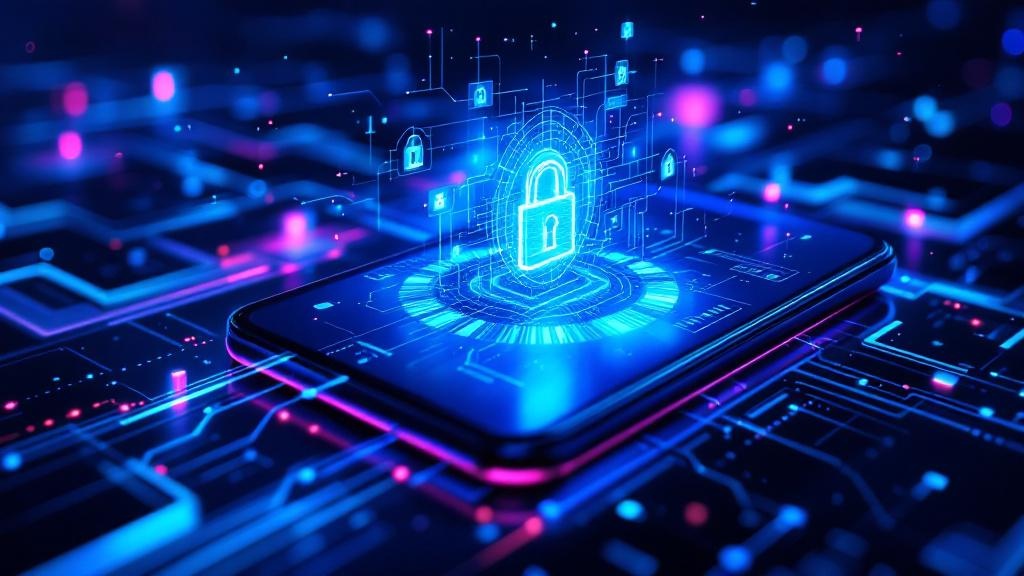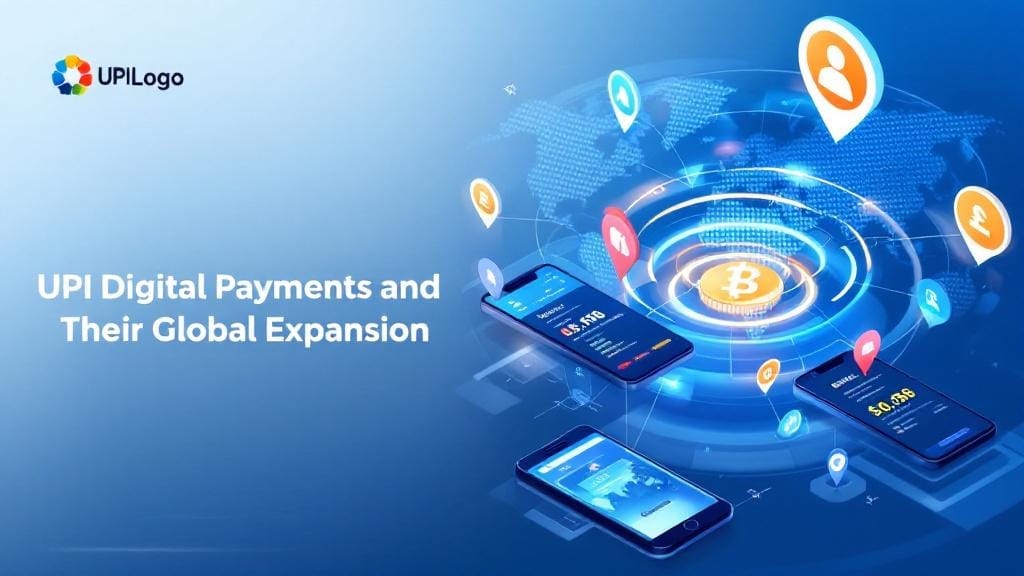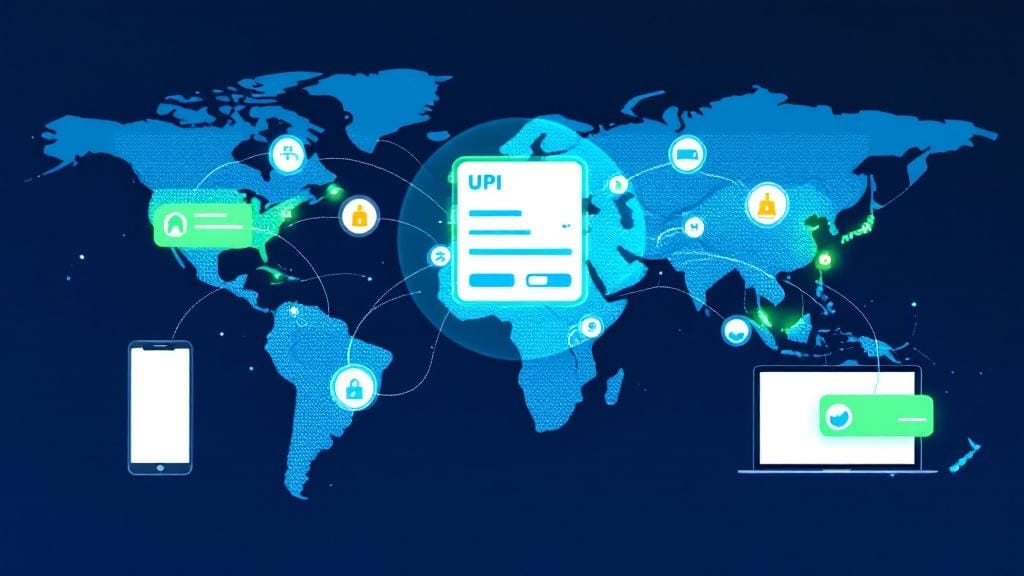In today’s digital-first world, managing money has gone far beyond traditional bank accounts. Enter digital wallet blockchain technology — the powerful duo that’s revolutionizing how we store, send, and secure money online. From crypto transactions to everyday mobile payments, blockchain-backed wallets are becoming the go-to choice for users who value security, transparency, and control.
But how exactly does blockchain ensure security in digital wallets? In this guide, we’ll break it down in a simple, easy-to-understand way — no technical jargon, just real insights and examples.
🔐 What Is a Digital Wallet Blockchain?
At its core, a digital wallet blockchain combines two powerful innovations:
-
A digital wallet: A software application that stores payment information and allows users to make digital transactions.
-
Blockchain technology: A decentralized, tamper-proof digital ledger that records transactions in real-time.
When these two are merged, the result is a blockchain-based digital wallet that provides users with secure, verifiable, and efficient transaction capabilities — without relying on banks or centralized systems.
🛡️ Why Blockchain-Based Digital Wallets Are So Secure
Let’s look at the key security benefits that come from using a digital wallet with blockchain security:
1. Decentralization Means No Single Point of Failure
Traditional digital wallets are stored on centralized servers, making them attractive targets for hackers. But with blockchain wallet integration, data is distributed across thousands of nodes.
Real-Life Example:
Think of it like Google Docs vs. a Word file. If your Word document gets corrupted, it’s gone. But with Google Docs (blockchain-style), the data is saved across many locations in real time — it can’t be erased from one place.
This decentralization ensures no single party controls the wallet, boosting resistance against breaches and shutdowns.
2. Immutable Transaction History
Blockchain uses distributed ledger technology, meaning every transaction is recorded in a permanent, time-stamped chain.
-
Once a transaction is verified, it can’t be changed or deleted.
-
This audit trail helps prevent fraud and double-spending.
This is essential for businesses and individuals using crypto wallet blockchain platforms for high-value payments.
3. Advanced Cryptography (Private + Public Keys)
Each blockchain wallet is protected by two things:
-
Public key: Like your bank account number (safe to share).
-
Private key: Like your ATM PIN (must be kept secret).
Only someone with the correct private key can access or move funds — making the system highly secure. If a hacker doesn’t have your private key, they’re locked out completely.
4. Non-Custodial Wallet Options
With non-custodial wallets, you — not a third party — hold your private keys. This means even if a platform shuts down or is hacked, your funds remain safe and under your control.
💡Pro Tip: Always back up your seed phrase in a secure offline location. Losing your private key could mean losing access to your assets permanently.
🧠 Blockchain Wallet App Features That Boost Security
Modern blockchain wallet apps are designed with security-first features that offer users peace of mind. Some of the most common include:
-
Biometric login (fingerprint or face ID)
-
2-factor authentication (2FA)
-
Wallet encryption using AES or SHA-256 algorithms
-
Multi-signature support (e.g., requiring two devices to approve a transaction)
-
Blockchain identity verification for added trust and compliance
These tools work together to ensure secure blockchain wallets are protected from unauthorized access and phishing attempts.
💼 Use Cases for Digital Wallets Using Blockchain
From freelancers to fintech startups, many are adopting digital wallet using blockchain solutions for real-world use:
1. Peer-to-Peer (P2P) Payments
Send money across borders instantly without paying high fees to banks or apps like PayPal. Blockchain makes peer-to-peer payments seamless and transparent.
2. Digital Asset Storage
Securely store cryptocurrencies like Bitcoin, Ethereum, or tokenized assets such as NFTs and stablecoins.
3. DeFi Wallets for Yield Farming
DeFi wallets let users access decentralized finance apps directly, participate in liquidity pools, or earn interest — all without intermediaries.
⚙️ How Blockchain Wallet Development Works
Building a secure blockchain wallet isn’t easy — it requires expertise in cryptography, blockchain protocols, and security architecture.
Key Steps in Blockchain Wallet Development:
-
Choose blockchain protocol (e.g., Ethereum, Solana, Polygon)
-
Integrate wallet SDKs (e.g., MetaMask, WalletConnect)
-
Enable private/public key generation
-
Implement security features (wallet encryption, biometrics)
-
Test for vulnerabilities with bug bounty programs and audits
Developers also focus on user experience, ensuring even non-tech-savvy users can safely use the app.
🧭 Advantages of Blockchain in Digital Wallets
Here’s a quick summary of why using blockchain technology in digital wallets is a game-changer:
| Feature | Traditional Wallet | Blockchain Wallet |
|---|---|---|
| Centralized control | ✅ Yes | ❌ No |
| Transparency | ❌ Limited | ✅ Full history |
| Hacking risk | 🔴 High | 🟢 Low |
| Cross-border transactions | 💸 Expensive | ⚡ Fast + Cheap |
| User ownership of funds | ❌ No | ✅ Yes |
🤔 Are Blockchain Wallets Completely Risk-Free?
While secure blockchain wallets offer better protection than traditional options, they’re not 100% immune to risk:
-
Human error: Losing your seed phrase or private key can lock you out.
-
Phishing attacks: Fake websites or emails tricking users into giving access.
-
Malware: Devices infected with spyware could capture private keys.
Simple Security Tips:
-
Always double-check URLs when using web wallets.
-
Store your seed phrase offline in a fireproof safe.
-
Enable 2FA wherever possible.
🙋♂️ FAQs: Digital Wallet Blockchain Explained
1. What is a blockchain-based digital wallet?
A blockchain-based digital wallet stores your digital assets securely on a decentralized ledger. It allows you to send, receive, and manage crypto or tokenized assets without depending on banks or third parties.
2. How does a digital wallet with blockchain security protect my funds?
It uses encryption, public/private keys, and decentralized servers to ensure only you can access your funds — and all transactions are transparently recorded on the blockchain.
3. Can I use a blockchain wallet app for daily purchases?
Yes! Some blockchain wallets are integrated with payment platforms or support stablecoins like USDT or USDC — making them ideal for everyday use.
4. What is a non-custodial wallet, and why should I use it?
A non-custodial wallet lets you hold the private keys. That means you’re in full control of your assets — not a third party.
5. Are blockchain wallet apps safe for beginners?
Absolutely, many wallets offer user-friendly interfaces, easy setup, and strong security. Just be sure to follow best practices like backing up your recovery phrase.
6. What’s the difference between DeFi wallets and regular wallets?
DeFi wallets offer access to decentralized finance tools, letting users lend, borrow, and stake crypto — without needing approval from banks or authorities.
7. How does blockchain identity verification work?
Blockchain identity verification uses encrypted, tokenized credentials (e.g., digital IDs or KYC tokens) that are stored on-chain — offering greater privacy and control over your personal data.
✅ Conclusion: Why Digital Wallet Blockchain Is the Future
The fusion of digital wallets and blockchain is shaping the future of secure, self-owned finance. Whether you’re a crypto investor, everyday user, or business owner, a digital wallet blockchain solution offers unmatched protection, transparency, and freedom.
As the world moves toward decentralization, having a blockchain wallet app that you control — with features like encryption, multi-sig access, and real-time identity verification — is not just smart, it’s essential.
Ready to go secure? Explore your options, choose a wallet that fits your needs, and take control of your digital financial life — securely and confidently.








Comments (0)